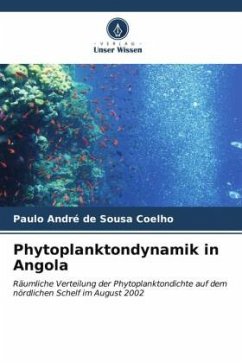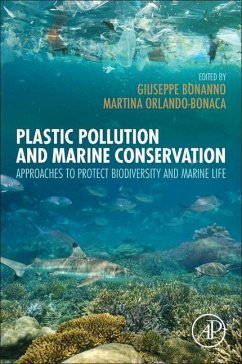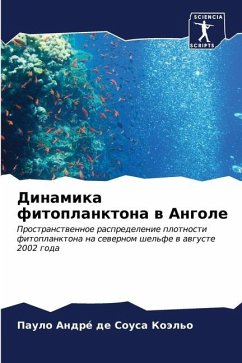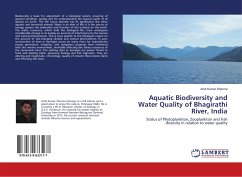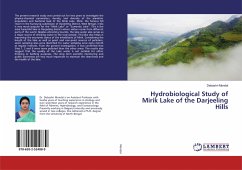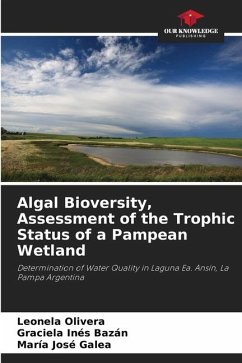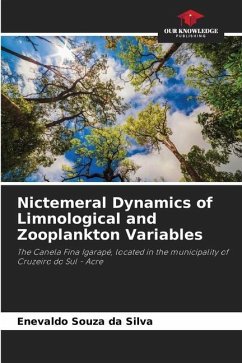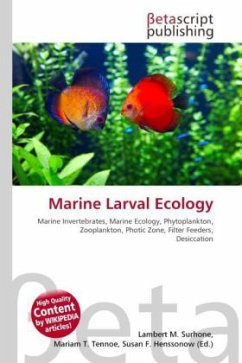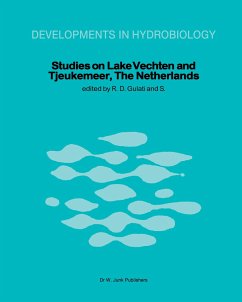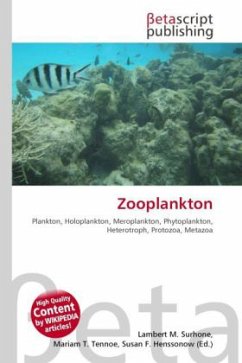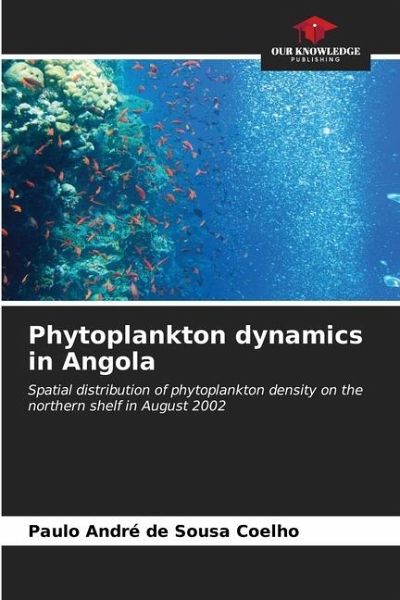
Phytoplankton dynamics in Angola
Spatial distribution of phytoplankton density on the northern shelf in August 2002
Versandkostenfrei!
Versandfertig in 6-10 Tagen
29,99 €
inkl. MwSt.

PAYBACK Punkte
15 °P sammeln!
The media offers disturbing news about the health of the oceans every day, but in order to improve our understanding of marine ecosystems, we need an interdisciplinary approach to chemical, physical and biological processes. Looking at the base of the marine trophic chain, we find that phytoplankton is one of the main primary producers in the water and directly serves as the basic food for various consumers, such as zooplankton, the planktonic fish Clupeiformes (Sardinella) and some crustaceans.This component is a key link in the flow of energy along food webs and primary productivity. The dis...
The media offers disturbing news about the health of the oceans every day, but in order to improve our understanding of marine ecosystems, we need an interdisciplinary approach to chemical, physical and biological processes. Looking at the base of the marine trophic chain, we find that phytoplankton is one of the main primary producers in the water and directly serves as the basic food for various consumers, such as zooplankton, the planktonic fish Clupeiformes (Sardinella) and some crustaceans.This component is a key link in the flow of energy along food webs and primary productivity. The distribution and composition of species, as well as the seasonal cycles of microalgae blooms, are among the important factors affecting the functioning of aquatic environments. The main aim of this work is to serve as a basic reference for future research in the Angolan area, as well as to increase knowledge about the characterization of phytoplankton and its correlation with physico-chemical parameters off the coast of Luanda.



